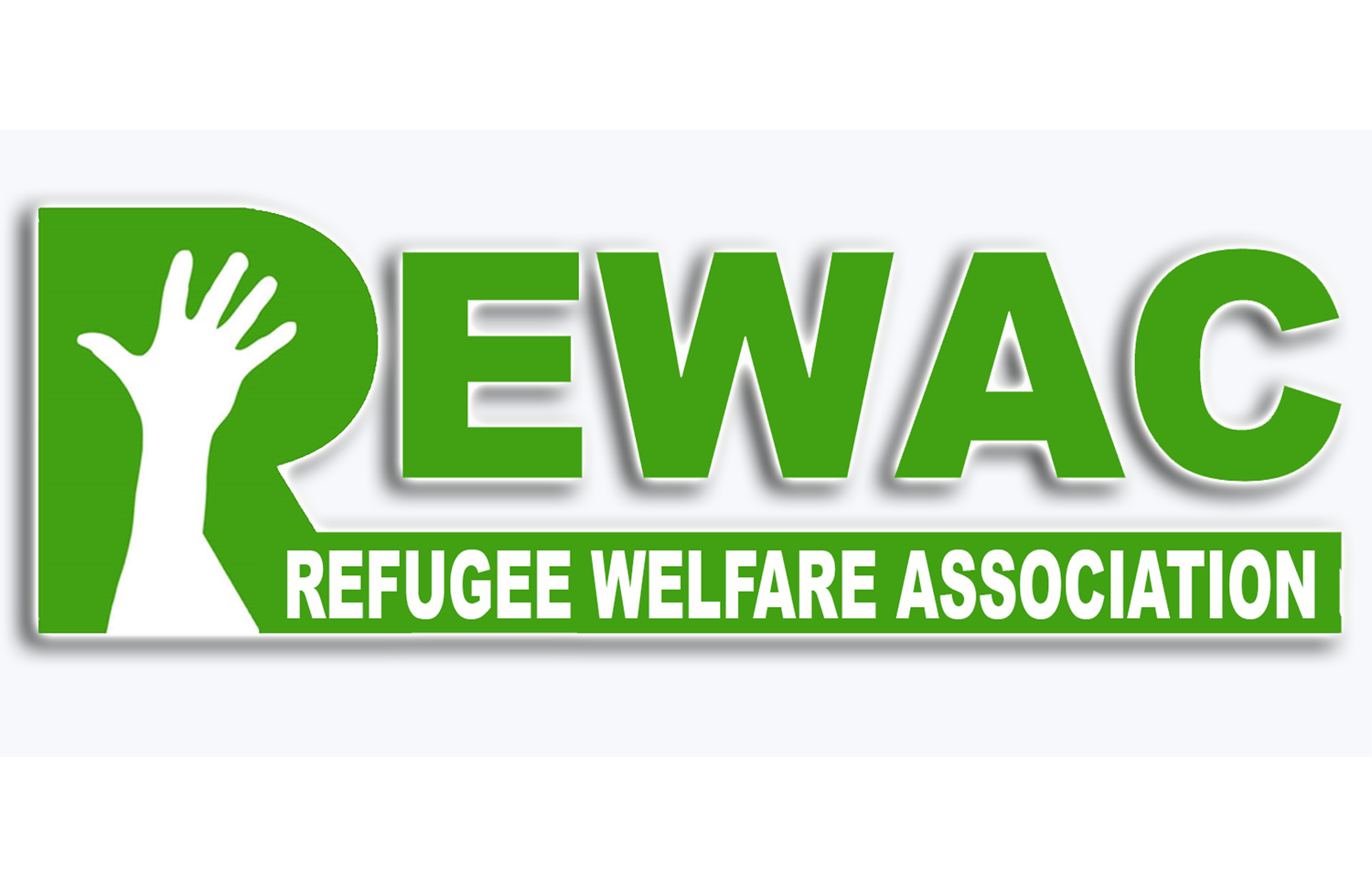
Sexual and Gender-Based Violence (SGBV)
REWAC considers prevention of and response to SGBV a major priority across all target populations. Our multidimensional SGBV program includes:
- Operating safe shelters in 5 regions for SGBV survivors providing medical care, psychosocial support, safety planning, skills building, and access to justice with strict confidentiality. Shelters are open to women, girls, men, boys and LGBTQ+ persons.
- Training community-based para-legal and para-social workers to conduct awareness activities, identify survivors through community outreach, provide basic counsel and make timely referrals to support services and shelters.
- Forming community watch groups and conducting sensitization campaigns targeting men, traditional leaders, and youth on preventing SGBV, transforming harmful social norms, respectful relationships, and consequences of violence.
- Providing empowerment training for women and girls on self-esteem, assertiveness, women’s rights, and reporting SGBV through our community centers. Males are engaged on positive masculinities.
- Operating confidential SGBV reporting hotlines, referral systems, and facilitating community discussions on stigma, victim protection and accountability for perpetrators.
- Offering legal assistance for SGBV survivors including counseling, accessing medical reports, filing police reports if desired, accompanying survivors through court process, including claiming compensation.
- Engaging in advocacy and awareness-raising to strengthen national laws addressing sexual and domestic violence, marital rape, female genital mutilation/cutting and child marriage.
- Conducting capacity building with police, social workers, health workers, lawyers and jurists on SGBV-sensitive investigation, documentation, and prosecution following best practices and protocols.
- Undertaking advocacy, community sensitization, and offering material support for girls at-risk of child and forced marriage and female genital mutilation/cutting, as well as married girls.
- Promoting women’s leadership, conducting research on SGBV scope and drivers, and monitoring response services to strengthen prevention and accountability.







Responses